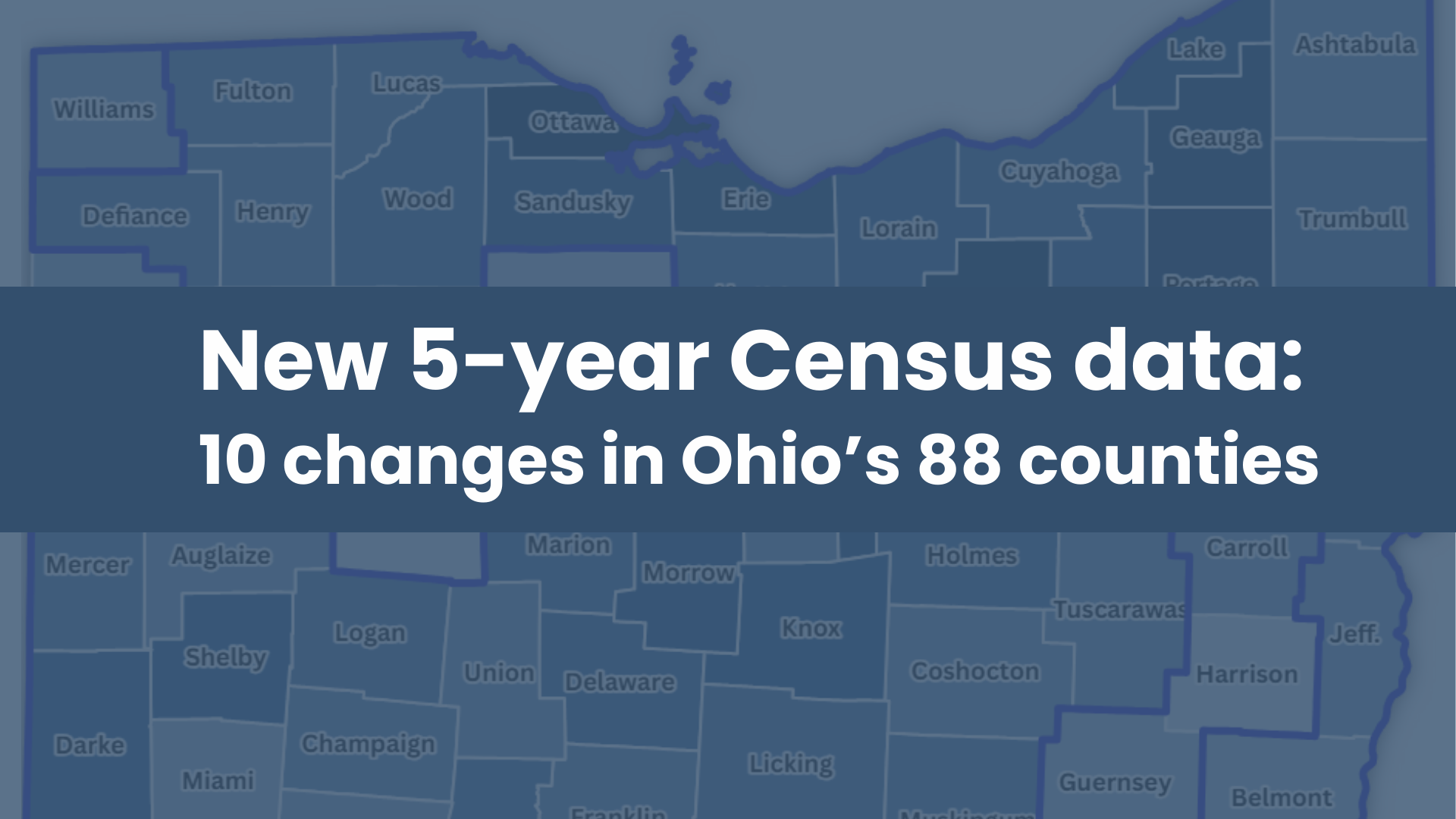My colleague, Taneisha Fair, recently opened a conversation on racism in medical journals. As a follow-up, I spoke with an expert in publishing on psychiatric nursing and vulnerable populations.
Dr. Faye Gary, an expert in psychiatric nursing, has built her career on advocating for vulnerable populations, including Black women. As a Black woman herself, she is no stranger to adversity, discrimination, and racism. When asked about the general attitude on racism among those who publish and review medical journals, she stated that the attitude is denial.
The blueprint of medicine and healthcare has been created without integrating racism into the consciousness of those who do the critical thinking and innovation in the field.
Denial is the default
Despite the blatant racism that is present in our healthcare system, it is easier to deny the existence of it, especially because the medical field is built on the exploitation of Black and brown bodies. She stated that denial is a very powerful mechanism. People in positions of power in this country have helped to perpetuate racism; just take a look at college admissions processes, redlining, the structure of neighborhoods and schools.
Dr. Gary described how the blueprint of medicine and healthcare has been created without integrating racism into the consciousness of those who do the critical thinking and innovation in the field. In its absence, she says, our healthcare system has been designed to place providers in a position to avoid interacting with Black and brown people and understanding their life situation. Published literature often places the burden of a patient’s own health on them through equating their medical conditions to their lifestyle choices, instead of addressing the workforce as a whole.
Dr. Gary described how communication between a doctor and patient can be embarrassing and humiliating. She said that Medicaid is often seen as “America’s system for poor people,” and how patients with Medicaid are viewed as not being adequate enough to provide for themselves. This can lead to providers viewing certain patients as not worth investing into, and as Dr. Gary equated, “you wouldn’t invest into a stock if you thought it was going to fail.” This kind of attitude is the reason we have health disparities. Empathy, she states, is the solution.
Medical training and education needs an overhaul
Racism isn’t a part of the consciousness of education, but it needs to be The long-term strategy to address racism in the medical system must involve an overhaul of the educational system. Denial is gentler on the conscience than facing the truth: that we are consumers of a system that perpetuates racism. Dr. Gary emphasized that our efforts to improve health and the human condition must focus primarily on education and healthcare. If we do this, she said, it will lead to economic sustainability, resulting in better-built communities.
I can attest to the need for etching the continual examination of racism into the blueprint of health education – in one small way. At Community Solutions, we recently watched a documentary in our Racial Equity Media Club that discussed the creation of race as a construct and the social, economic, and political conditions that are still in existence today as a result.
If our system is miseducating health professionals on issues that are inherently racist, then how can we expect health professionals to change?
A doctor in the documentary elevated the misconception that sickle cell anemia is an “African American disease,” and how it is found very commonly in the Mediterranean region. Due to its resistance to malaria, the sickle gene is a result of having ancestors who lived in malarial regions. At this statement, I had to pause. I realized that in nursing school, I had in fact been taught that sickle cell anemia is a disease that only affects Black individuals. It then made me question what else I was taught that was rooted in racism, knowingly or unknowingly. If our system is miseducating health professionals on issues that are inherently racist, then how can we expect health professionals to change?
The problem, among many others, is that studies that acknowledge and condemn racism are not being published in the journals that determine current medical and health practice and policy. Without this foundation of knowledge, we as health care professionals practice while lacking a huge piece of evidence in dismantling health disparities, which only perpetuates them. There is much work to be done in dismantling the racism that is so deeply entrenched in our academic institutions, health care system, and major research journals.







